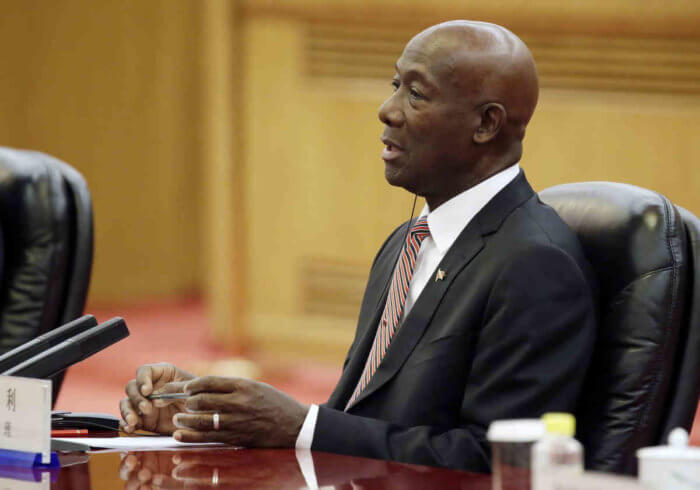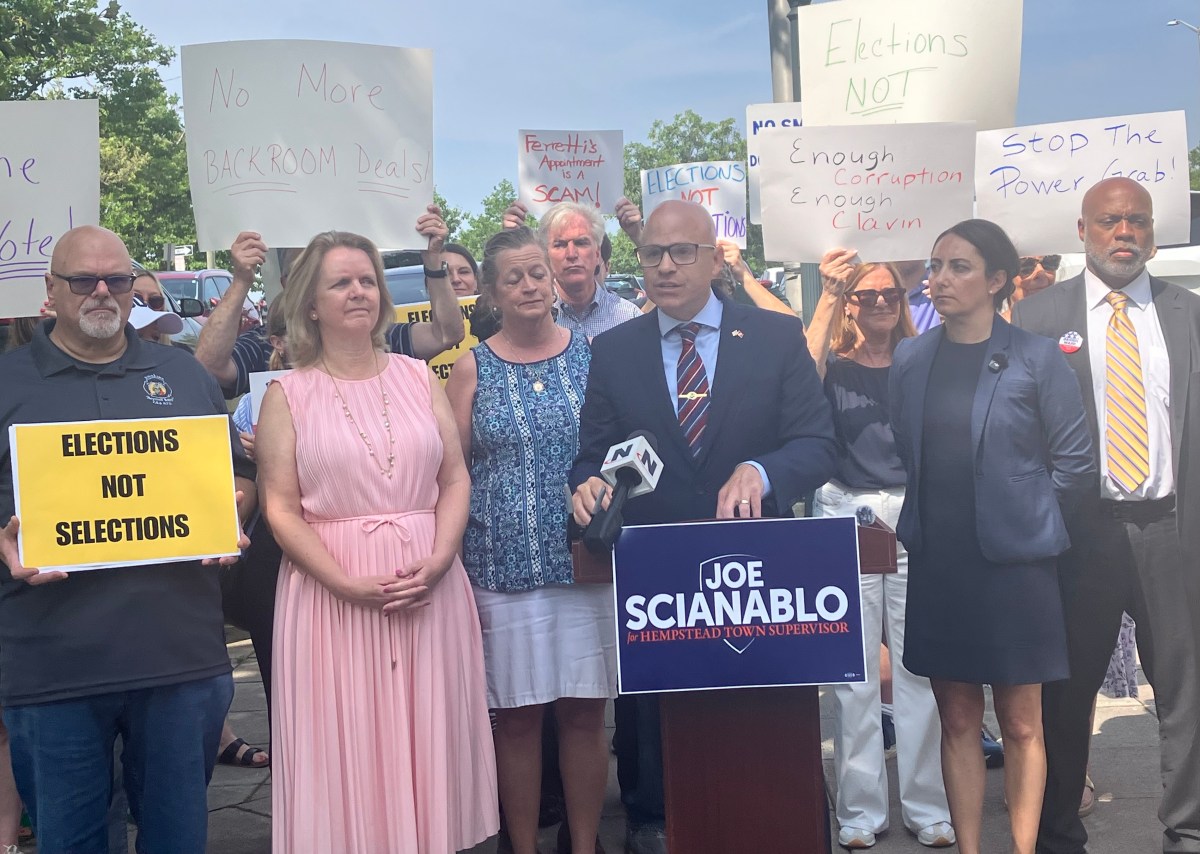Barbados and Trinidad and Tobago, two Caribbean neighbors have been feuding for decades over flying fish stocks .
Barbados, the most easterly country in the Caribbean island chain, says the famed and coveted flying fish belongs to the country of just over 300,000 people. Flying fish cooked with almost anything is regarded as the national dish of Barbados but in recent years, neighboring Trinidad and Tobago is the one with the strongest claim to flying fish stocks. The fish is on the national currency and is widely regarded throughout the 15-nation Caribbean single trading block as a valuable protein meat that belongs to Barbados. The fish is also the main symbol of the Barbados Tourism Authority.
There is a major problem here, however. In recent decades, most of the fish stocks have been migrating west to Trinidad and to Tobago and more than 100 miles away from the land, which claims this species as native. Experts blame this trend on climate change. Thinking they have an inalienable right to access the national dish wherever such fish can be found, Barbadian or Bajan fishermen have been intruding into waters of Trinidad and Tobago, harvesting large amounts to the anger and chagrin of the neighboring republic.

The row over fish nationalism and nativity dates back at least 60 years and even ended up before judges at global arbitration and judicial organizations, which were forced to delineate the marine boundaries between the two. Trinidad is the last island anyone would encounter in the Caribbean island chain and it is just seven miles off Venezuela and the South American coast.
As tensions rise between fishing fleets and cooperatives in Barbados and specifically Tobago, the All Tobago Fisher Folk Association is threatening unilateral action if authorities in the two nations cannot solve the issue of Bajan overfishing in Tobago waters as a matter of patrimony and birthright.
“If the prime minister of Barbados with her wisdom, refuses to call a declaration to meet with the All Tobago Fisherfolk Association to see how best we can iron out this problem, it says to me that she is looking for us to really come down heavy on the illegal fishing in the waters of Tobago,” ATFA President Curtis Douglas told the Today online newspaper. It seems to me the Barbados Fisheries want it to be an all-out situation, whereby we will have to impose the law. So, as I said, a yellow alert is the first step to enforcing the law, and any Bajan who gets caught in our waters will feel the brunt of the law of Trinidad and Tobago. This is what they are leading us to, you know. By refusing to meet with us, this is what they are going to lead us to. I didn’t make the law; we just enforcing the law,” an emotional Douglas said.
Barbados Prime Minister Mia Mottley and Trinidad and Tobago Prime Minister Keith Rowley have discussed the issue several times this year but they have, for now, left it to the technical experts to advise them on the way forward. Both governments have acknowledged overfishing as an issue and have urged fishing crews to respect the spawning season so stocks can thrive. Rowley has already publicly complained about the size and volume of catches. The Tobago-based association says the Bajans are avoiding a round table session hoping that the issue would simply go away but they have no plans to allow for this.

























